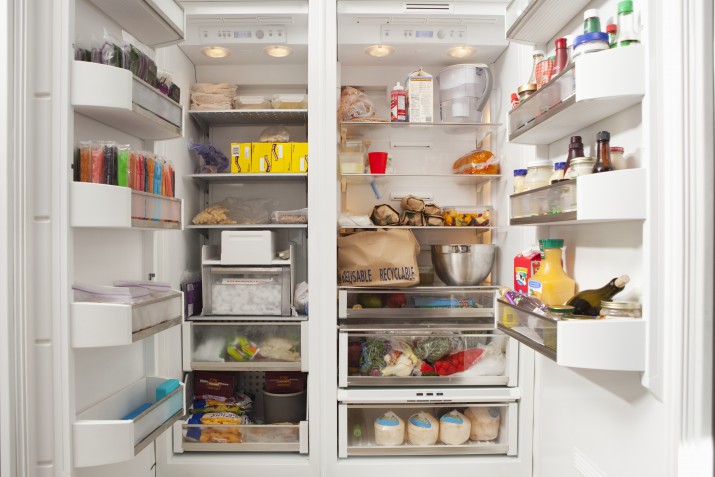There are a lot of nutrition myths – Here’s the truth!

You feel it’s time to take care of your health once for all so you start researching the best diet or the best foods to eat. You will soon find out that there is so much misinformation on the internet and many of the subjects contradicts themselves. These myths are usually passed through word of mouth through the gym or health club and can be wide spread quickly.
Top 5 Nutrition Myths
Myth 1: Carbs are bad for you
For decades’ fat was the enemy to weight loss but it have seem that the fitness world have found a new scapegoat: CARBS. Carbohydrates gets a bad reputation because it produces insulin to store the sugar in your blood or use it for energy. When put in to context there is nothing dangerous about carbohydrates if you are not a diabetic and if you don’t overindulge on processed carbohydrates such as refined sugar you will be fine. If you are cutting out carbs because of that you want to lose weight, then its fine if it help otherwise you should consider adding back carbs in to your diet.
Truth: If you don’t overindulge on carbohydrates, starches are not harmful.
Myth 2: Fat is bad for you
Eat fat, gain fat? for many decades this was believed to be true. So, people did everything they could to avoid eating fat. In today’s world there is a lot of research on that area and studies have been shown that a high fat diet is not going to make you gain weight as long as the calories are controlled. Consuming a low-fat diet can be dangerous and also affect testosterone production.
Truth: Fat is not the enemy to weight loss and you need it in your diet for hormone production. Saturated fat won’t give you heart attack either but too much trans fat may.
Myth 3: To lose fat, eat more often
This myth must be the most popular one I hear from my clients. It is know the digestion raises metabolism a little bit because of the energy it requires to break down the food. So in theory by eating less and more often you should be able to raise your metabolism. But in practice it have been shown that given an equal amount of calories, the number of meals makes no difference in fat loss or metabolic rate. Some studies even suggest that having small meals more often may make it harder to feel full.
Truth: Digestion does slightly increase metabolic rate but meal frequency have less effects than the total calorie content of the food consumed.
Myth 4: To lose fat, don’t eat before bed
Some studies shows a fat loss advantage to people who eat early on compared to people who eat at night. Yet it was a slight minute advantage and nothing too impressive. Trials later on have shown that in the practical real world situation night eating can hinder fat loss because of two reasons and both are linked to an increased caloric intake and not the night time eating in its self. First reason is simple. If you stay up watching TV and indulge in some snacks instead of being in bed that is added extra calories that can lead to weight gain. Second reason is that people eat when they get tired to get an extra boost of energy from snack foods or sugary treats. So if we stay awake at night to study or work its more likely that we end up reaching for that snickers bar.
Truth: Eating late wont make you fat, unless you eat more food while you are awake.
Myth 5: Salt is bad for you
Salt, also called sodium is an essential mineral and its important for our health.With people that suffer from hypertension, salt can increase their blood pressure. But for healthy people there are little to no association between salt intake and hypertension. The problem is that the average American consumes almost the double amount of sodium to the recommended intake. Excess sodium may not raise your blood pressure but it has been linked to other diseases and health issues such as kidney damage and cognitive decline.
Truth: Only avoid salt if you have a salt sensitive hypertension. Eat salt in moderation, everything in excess is harmful and salt is no exception.



